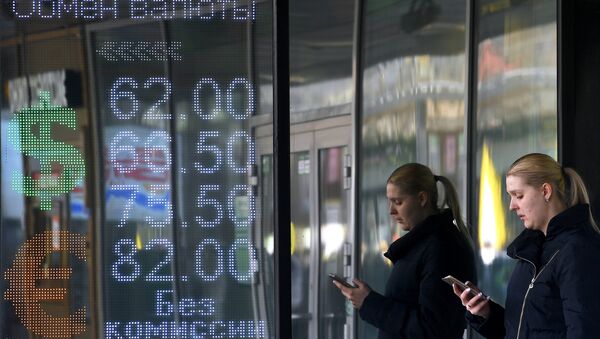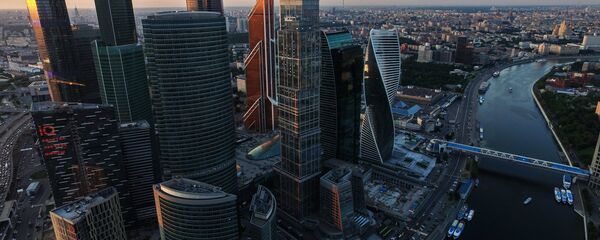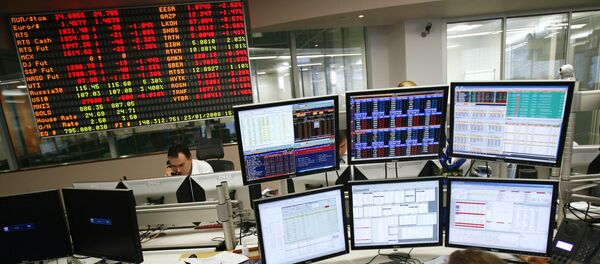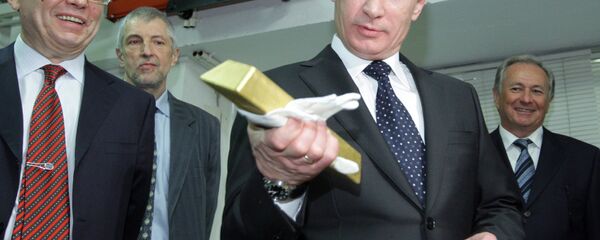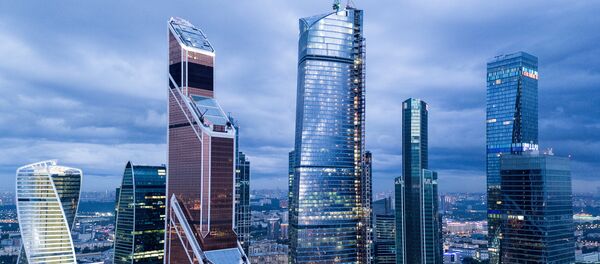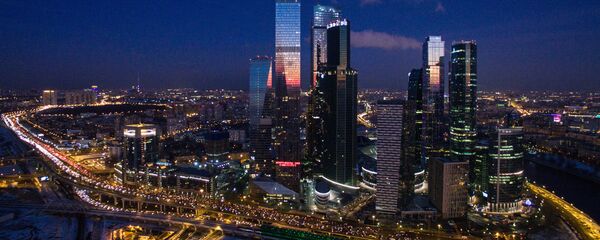Sputnik spoke to Ian Colebourne, CEO of Deloitte CIS, about the company’s new office in Vladivostok and the importance of the Far East region for their business.
Sputnik: You’ve just opened an office in Vladivostok; why is that? Would it be useful for the company to be present in this region?
Ian Colebourne: It was part of our strategy to enhance our regional reach. We’re already present in Sakhalin; we’ve had our office there for a number of years. But what we found was that with the prioritization of our investment in the Far East region, to be able to support clients, both national and international, we felt that we needed to be present in Vladivostok. That is the background to the choice to open the office here.
And so our delegation at the forum this year includes our CEO from our Korean firm and also the head of our clients and markets practice out of Korea. The number of client meetings with Korean businesses here in many ways is a testament to the success of the EEF in crystalizing the focus on Asian investment into the region.
Sputnik: You’ve also signed an agreement with Russia’s Far East Development Foundation; what does that mean for the company? What’s the purpose of the agreement?
To be able to do that we need more investments and, to give confidence to investors they need to understand the support that they will get, the benefits and strategic imperatives that the region is placing to support investors in their choices about where to invest.
Particularly, the focus of the agreement that we signed today is around developing the investor guides to support both the Sakhalin region and also Kamchatka Krai – so what are the incentives to support investment decisions for those regions?
Sputnik: When it comes to Russia as a market, not only the Far East but the whole country is going through difficult times when it comes to the economy with the euro and dollar rates jumping and the rouble falling; what are the primary concerns for your clients at the moment? Are they functioning in emergency mode right now? Can we talk about potential investments or are they trying to save what they have?
Then if we look at the challenges around the exchange rate, I think that’s a double-edged sword that in the past has been a key driver to support the localization of manufacturing and production. Certainly, the sort of historic devaluation has also supported a lot of growth in the agricultural sector.
There’s a big drive around competitiveness, which is supported by that currency position. At the same time, the implications for inflation are clear and you’d expect interest rates to remain reasonably high and that does create some challenges.
So, a lot of the attention to infrastructure and support for that, I think, is part of the deal. Taking it back to investment, for investment the critical point is confidence and stability, and I think that for the region as a whole it’s clearly seen very much as a strategic priority which gives confidence and at the same time there’re challenges which we’re well aware of which create more anxiety.
Large-scale investments are certainly taking longer to give consideration to but we know that certain investments and transactions are going on.
Sputnik: The forum here, in Vladivostok, is being held at the Far Eastern University. How important are hubs like these for the labor market and for Russian talent?
Ian Colebourne: I think it’s impossible to underestimate. I think, first of all, one of the clear capabilities that Russia has is the quality of workforce. Certainly, when I look within our business, capabilities in particular around digital driven services, the quality of mathematicians, physicists and people with that type of background are world class.
I think that it’s very important for universities to support and to create that appetite within their graduates to understand that their working life won’t be one job for the rest of their career, but much more about a lot of dynamic change; so stimulating a desire for lifelong learning [is important].
Looking at ourselves as an organization, we were recognized I think two weeks ago now by Fortune magazine as one of the top 100 organizations changing the world and that was primarily because of our role working with our own people but also with our clients on how they’re adjusting to the challenges and opportunities of industry 4.0.
And we have 280,000 people worldwide, we have six university campuses of our own; for our Russian team we’re part of the European campus in Belgium. We also have a campus in Singapore so our people are able to be part of that international community, which is Deloitte; and it’s through that training and capability development that’s why we were chosen in that ranking. We’re very proud of that.
Sputnik: You’ve mentioned particular venues for your universities; what kind of technologies do you use for learning? What share of it is e-learning or digital types of education, or is it primarily computerized sessions, but still in class?
I think what we find the university programs really useful for is that we have an absolute priority on the experience that we expect our people to have being consistent from one region or country to another so that our international clients have expectations that whatever they’re used to experiencing in one country is consistently delivered for them globally.
That’s really what the universities drive, it’s that consistency of quality and our capabilities and the experience of our people. And the second piece is really about how we are sharing that experience of working with a lot of our international and national clients.
We take our clients from Russia to our university campus in Belgium so that we work with emerging CFOs and future CFO roles so that we can share experiences with our international client base, understand the themes which are emerging and also enable a dialogue between the people who are enrolled as CFOs or aspirant CFOs, so that they can learn from each other and it’s not just from Deloitte, but there’s a community that we can create by virtue of our business.
Views and opinions expressed in this article are those of Ian Colebourne and do not necessarily reflect those of Sputnik.

